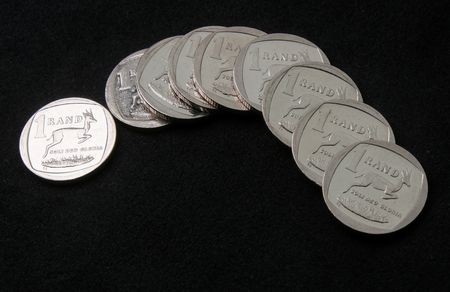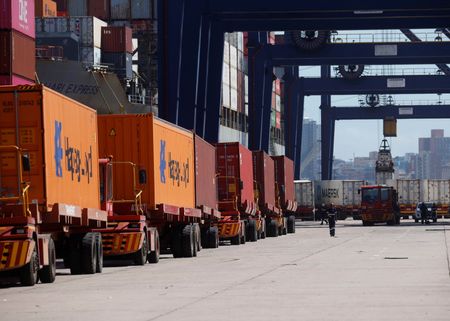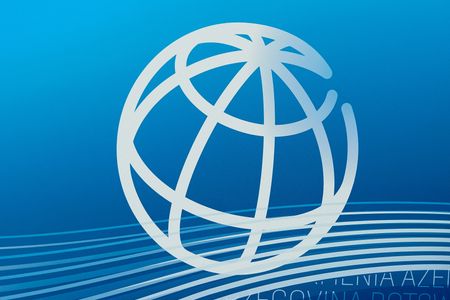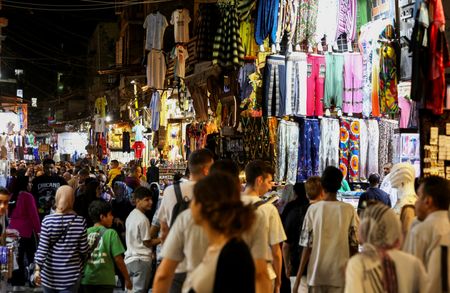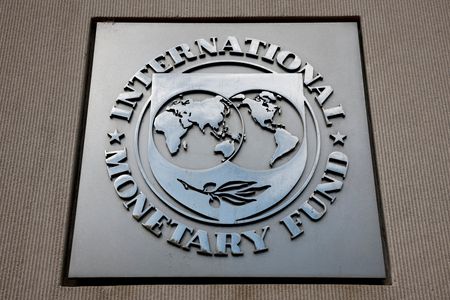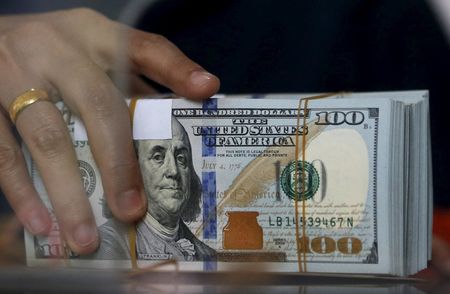By Elisha Bala-Gbogbo
ABUJA (Reuters) – Nigeria’s net foreign exchange reserves stood at $23.11 billion at the end of 2024, their highest level in three years, the Central Bank of Nigeria said, signalling a major improvement in the country’s external financial position.
The NFER, which adjusts gross reserves to account for near-term liabilities such as currency swaps and forward contracts, stood at just $3.99 billion at the end of 2023, the CBN said in a statement late on Tuesday. The figure was $8.19 billion in 2022 and $14.59 billion in 2021.
The CBN said the improved position was due to “substantial reduction” in short-term foreign exchange liabilities, notably swaps and forward obligations. It also cited measures aimed at boosting forex market confidence and reserves, alongside increased non-oil foreign exchange inflows.
“This improvement in our net reserves is not accidental; it is the outcome of deliberate policy choices aimed at rebuilding confidence, reducing vulnerabilities, and laying the foundation for long-term stability,” Central Bank Governor Olayemi Cardoso said.
“We remain focused on sustaining this progress through transparency, discipline, and market-driven reforms.”
Gross external reserves also climbed to $40.19 billion at the end of 2024, up from $33.22 billion the previous year.
While reserves declined in the first quarter of 2025 due to seasonal factors and foreign debt interest payments, the CBN anticipates a “steady uptick” in reserves throughout the second quarter, supported by increased oil output and non-oil export growth.
(Reporting by Elisha Bala-Gbogbo; Editing by Kevin Liffey)



